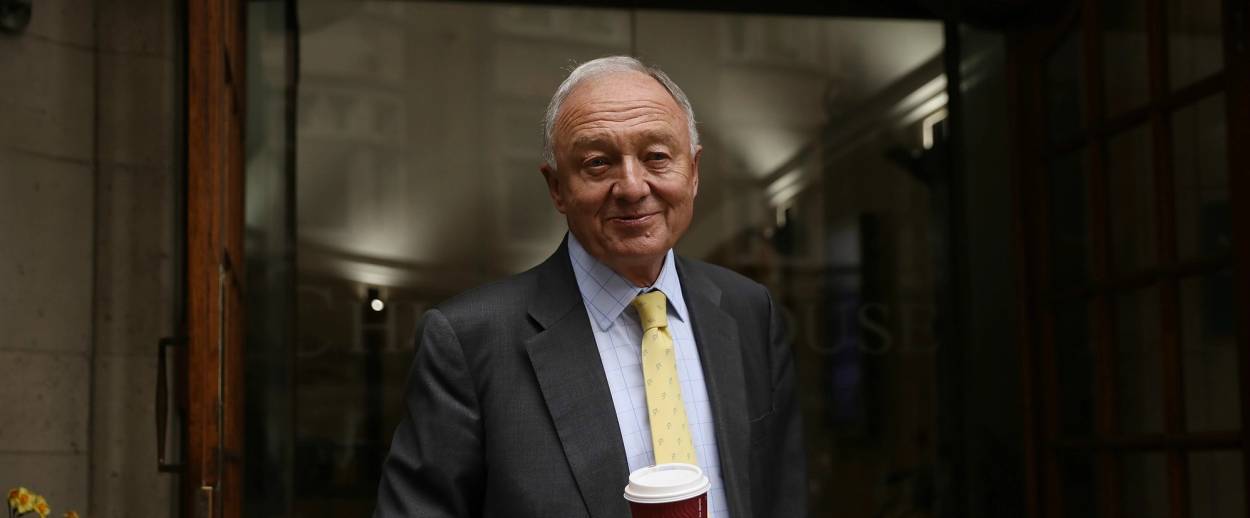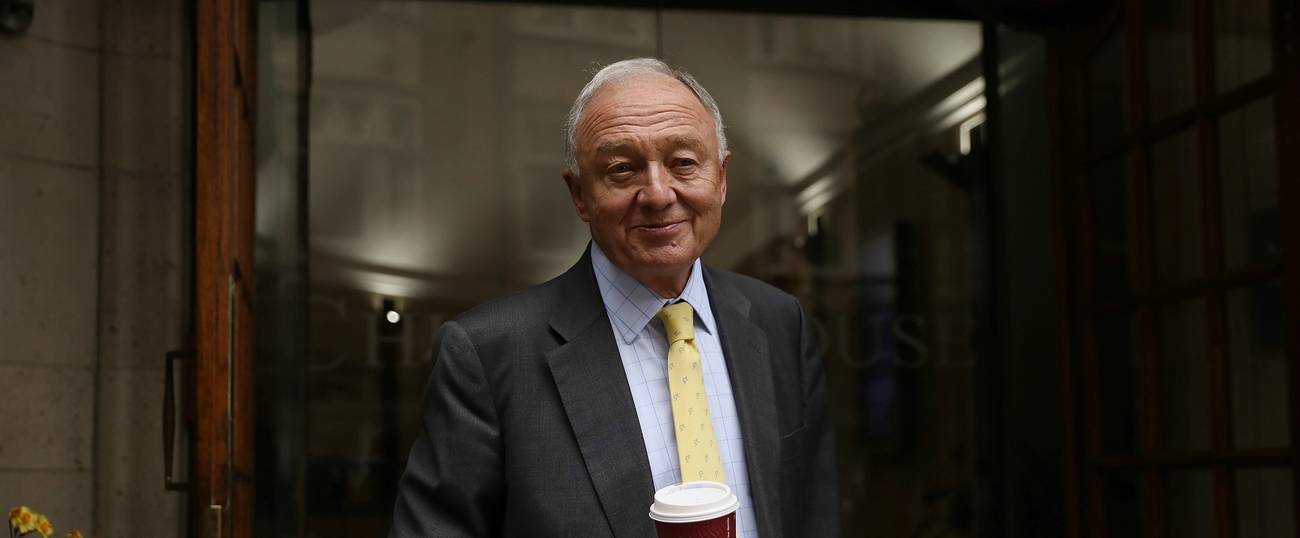‘Not in My Name’: 100 Labour MPs Denounce Party for Failing to Confront Anti-Semitism
The party refused to expel Ken Livingstone, despite his repeated conspiratorial remarks about Zionist-Nazi collaboration




In an unprecedented move, 100 British Labour MPs have denounced their own party for failing to significantly discipline a prominent anti-Semitic member.
On Tuesday, the party’s disciplinary committee passed judgment on former mayor of London Ken Livingstone, who had falsely claimed that Adolf Hitler was a Zionist and that the Zionist movement collaborated with the Nazis. Livingstone had been a top ally of Labour’s radical leader Jeremy Corbyn, who appointed him to oversee a key defense policy review. In a decision that drew condemnation from Britain’s Jewish organizations and its chief rabbi, the party committee opted merely to suspend Livingstone from holding office for one year. He promptly reiterated his purported innocence and his Holocaust revisionism, claiming that the only Jews he had heard from supported him. As one satirical outlet put it, “Suspended for Year Over Hitler Comments, Livingstone Complains Wrist Bruised.”
This spectacle proved intolerable for 100 of Labour’s 229 members of parliament, who signed a pointed statement titled “Not in Our Name” condemning their own party: “This week the institutions of the Labour Party have betrayed our values. We stand united in making it clear that we will not allow our party to be a home for antisemitism and Holocaust revisionism. We stand with the Jewish community and British society against this insidious racism. This was not done in our name and we will not allow it to go unchecked.”
Jewish Labour MPs likewise publicly expressed shock at the outcome of the Livingstone deliberation, like Liverpool Wavertree’s Luciana Berger, who herself had been the victim of anti-Semitic harassment from the hard-right and left:
A new low for my party this evening. Appalling decision. Why is antisemitism being treated differently from any other form of racism?
— Luciana Berger (@lucianaberger) April 4, 2017
Dave Rich, the deputy communications director of Britain’s Community Security Trust, the U.K.’s ADL, went even further:
The British Left is increasingly a place where a certain type of antisemite feels more comfortable than an average British Jew.
— Dave Rich (@daverich1) April 5, 2017
Labour’s own deputy leader, Tom Watson, said he found it “incomprehensible that our elected lay members on the disciplinary panel found Ken Livingstone guilty of such serious charges and then concluded that he can remain a member of the Labour Party.” And former Labour Foreign Secretary David Miliband, now the head of the International Rescue Committee, told BBC radio, “One of the reasons I grieve for the state of the Labour party is I never believed we would see the day when anti-Semitism and Labour were being discussed in the same sentence; that is an unspeakable state of affairs.”
Following this firestorm, Labour party leader Corbyn belatedly suggested that the party would revisit the issue, in light of Livingstone’s unrepentant remarks following the decision. “Many people are understandably upset that he [Livingstone] has continued to make offensive remarks which could open him to further disciplinary action,” he said in a statement. “Ken’s subsequent comments and actions will now be considered by the National Executive Committee after representations from party members.”
But as Corbyn himself previously appeared alongside an array of anti-Semites—from Holocaust deniers to promoters of the medieval blood libel—and then slammed journalists for reporting on those ties, expectations among Britain’s Jewish community are understandably low.
Previous: Jeremy Corbyn Slams Jewish Journalist for Writing About Anti-Semitism in Labour Party
Labour Officials Suspended After Claiming Jews Were Behind African Slave Trade, Israel Behind ISIS
Labour Party Suspends Three More Officials for Anti-Semitism
The Anti-Semitism Scandal Engulfing the Labour Party Was Entirely Predictable
Meet Jeremy Corbyn, the New Leader of Britain’s Labour Party
Yair Rosenberg is a senior writer at Tablet. Subscribe to his newsletter, listen to his music, and follow him on Twitter and Facebook.